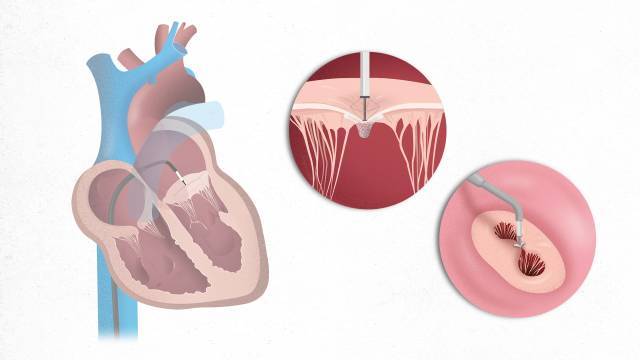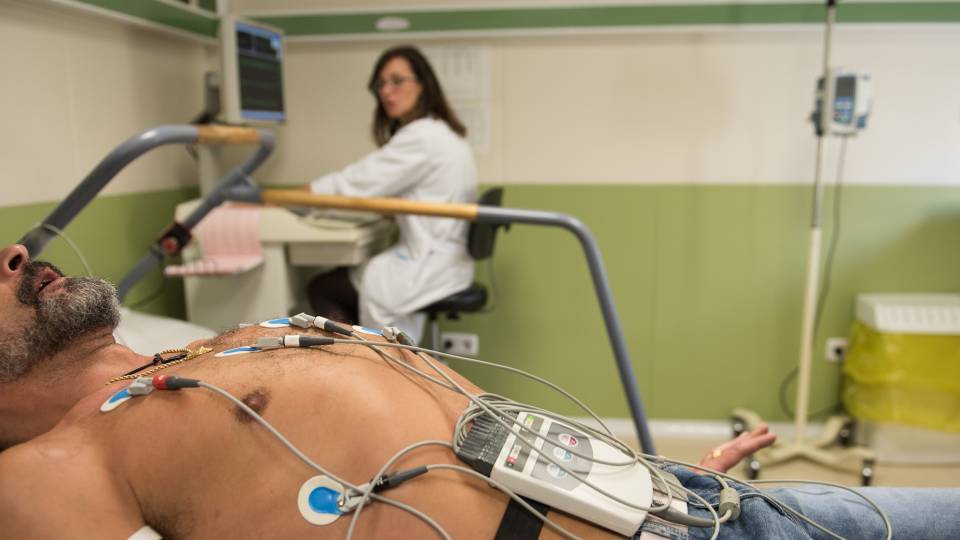14 April 2021
Substantiated information by:

César Bernadó
Nurse
Cardiology Service

Laura Sanchís Ruiz
Cardiologist
Cardiology Service
Published: 23 July 2024
Updated: 23 July 2024
The donations that can be done through this webpage are exclusively for the benefit of Hospital Clínic of Barcelona through Fundació Clínic per a la Recerca Biomèdica and not for BBVA Foundation, entity that collaborates with the project of PortalClínic.
Subscribe
Receive the latest updates related to this content.
Thank you for subscribing!
If this is the first time you subscribe you will receive a confirmation email, check your inbox
An error occurred and we were unable to send your data, please try again later.





